Game description:
Police Simulator: Patrol Officers places the player in the role of a uniformed officer working in a detailed urban district. Each shift begins with a clear assignment—monitor traffic, check for violations, respond to minor disturbances. The gameplay emphasizes structured engagement, where each task must be handled according to procedure. Street layouts, pedestrian behavior, and vehicle movement follow a living system that reacts to player presence, allowing patrols to feel reactive without relying on scripted sequences.
Rules, Tools, and Real-Time Reactions
The game introduces new mechanics gradually, matching the player's progress with additional responsibilities. Issuing citations, controlling intersections, managing DUI stops, and responding to minor accidents all require use of specific tools and proper protocol. Misuse or skipping steps results in penalties that affect performance evaluations. Civilian responses vary based on player actions, and incorrect treatment can lead to distrust or public complaints. Each situation must be documented, photographed, or explained using in-game systems designed to simulate field reporting.
Advancement Through Discipline
Progress in Police Simulator: Patrol Officers comes from consistency, not speed. Completing shifts without incident, correctly identifying violations, and showing restraint in high-pressure moments all contribute to unlocking new areas, equipment, and types of assignments. There are no random upgrades or ability boosts—improvement is measured by how well the player applies rules and observes surroundings. The game builds a loop of responsibility where order is maintained not by force, but by awareness and correct execution.











































































































































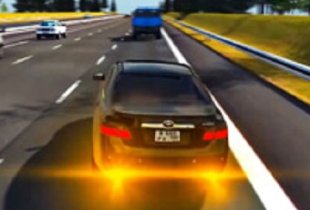
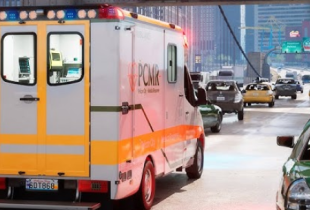


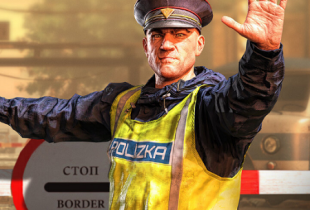

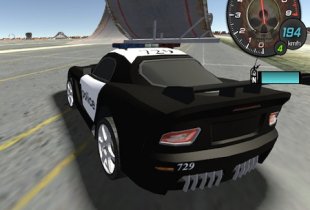
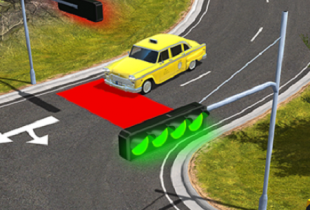
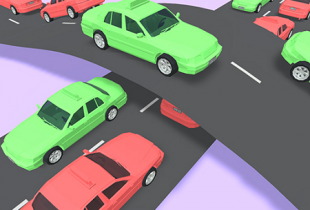
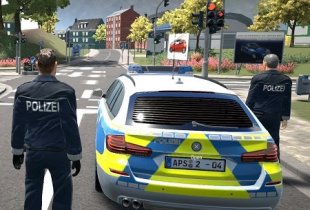
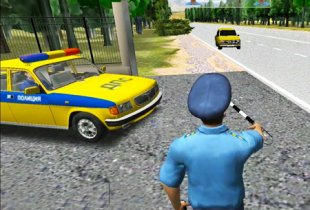
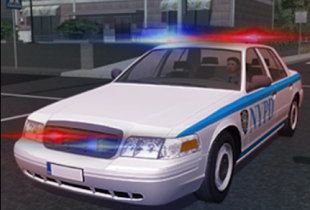
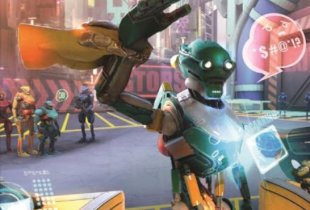
Comments